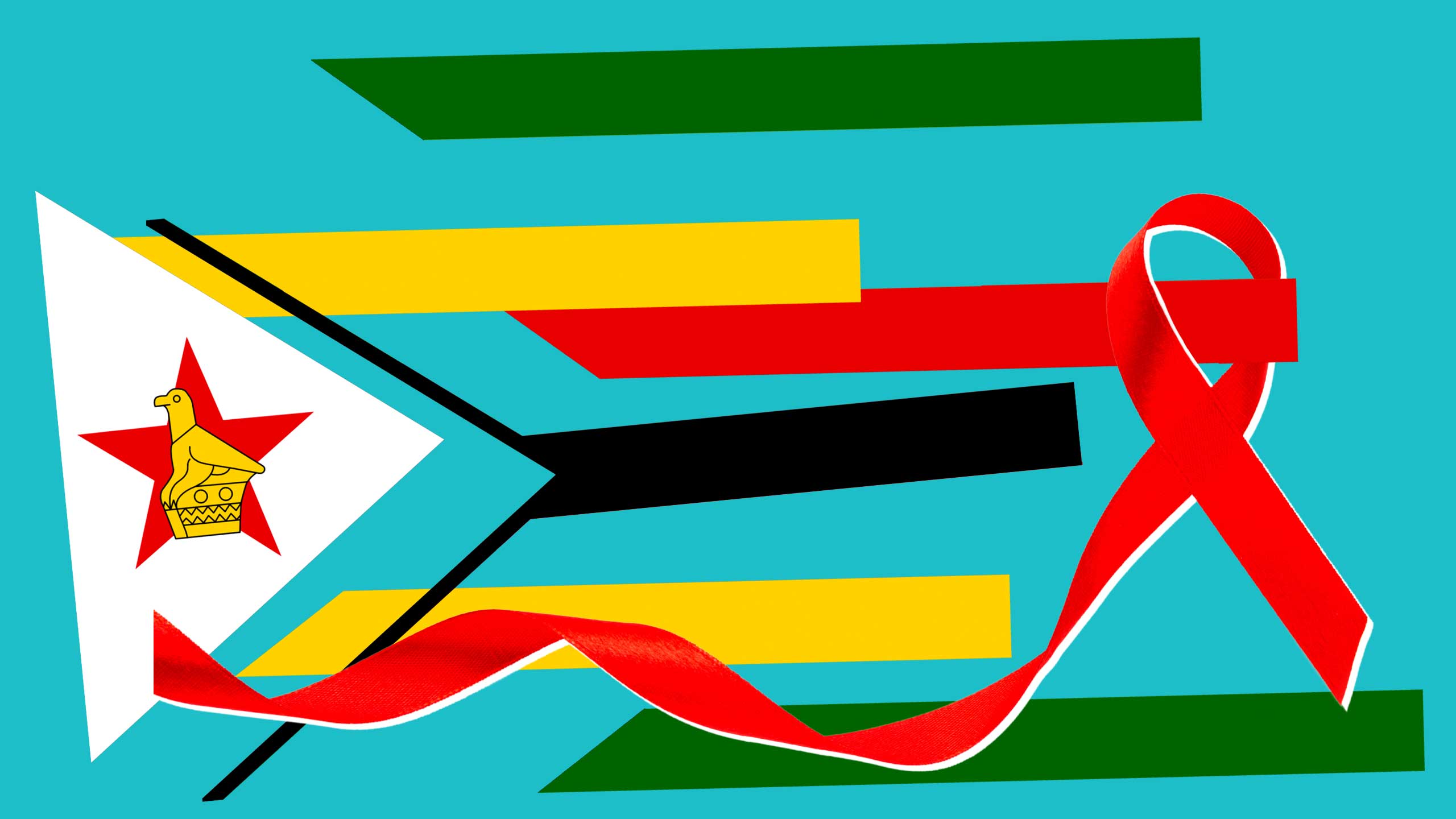Zimbabwe has become the latest country to decriminalize HIV transmission following the passage of a new bill signed into law by its president.
In March, Zimbabwe President Emmerson Mnangagwa signed into law a piece of legislation making bride prices—a customary payment made by the family of a prospective groom to his bride-to-be’s relatives—mandatory under national law. While the bill was seemingly unrelated to HIV transmission, Clause 53 of the Marriages Amendment Bill stripped criminal penalties in cases where an individual either knowingly or unknowingly exposes their sexual partner to HIV.
Prior to the legislation’s passage, any act of HIV transmission could result in a sentence of up to 20 years in prison under Section 79 of Zimbabwe’s Criminal Code. The statute was seldom enforced, but at least 16 people were targeted under Section 79 between October 2015 and December 2018, according to the local media publication Newsday.
Human rights activists lauded the repeal of Section 79, which was enacted in 2001. The passage of its Sexual Offences Act 21 years ago made Zimbabwe the first African country to criminalize HIV transmission, which critics warned made it more difficult to address the epidemic.
In a statement, the Joint United Nations Programme on HIV/AIDS (UNAIDS) claimed the now repealed law was a major “driver of stigma and discrimination for people living with HIV and other key populations.”
“Public health goals are not served by denying people their individual rights and I commend Zimbabwe for taking this hugely important step,” said UNAIDS executive director Winnie Byanyima in a statement. “This decision strengthens the HIV response in Zimbabwe by reducing the stigma and discrimination that too often prevents vulnerable groups of people from receiving HIV prevention, care and treatment services.”
Other African countries have also made moves to strike down their discriminatory HIV transmission statutes in recent years. In 2015, the Kenya High Court said that laws targeting people living with HIV are a violation of individual privacy and declared them unconstitutional.
At least two dozen nations in sub-Saharan Africa, however, still have similar laws on the books, as Newsday reports.
While repealing its HIV criminalization laws is a major step, critics say Zimbabwe’s criminal codes outlawing same-sex intercourse threaten the effectiveness of the move. Any act of “intentional sexual relations… between two human males” can result in a sentence of up to 10 years in prison, as well as a fine. Zimbabwe strengthened those laws in 2006 by criminalizing virtually any form of intimacy between men, even hugging and holding hands.
In a 2015 report from the global news agency Inter Press Service, Zimbabwean LGBTQ+ activists said the anti-sodomy codes made it difficult for them to seek health care. They cited overwhelming stigma and lack of knowledge on the part of health providers regarding queer and trans people.
“In as far as combatting HIV/AIDS is concerned, there are no national programmes targeted for minority groups or interventions that can easily be accessible by the LGBTI community on prevention and care within the public healthcare system,” Samuel Matsikure, program manager of the advocacy group Gays and Lesbians of Zimbabwe (GALZ), said at the time.
The lack of resources have resulted in what appear to be elevated rates of HIV among LGBTQ+ Zimbabweans. The country’s embassy released a report in 2020 estimating that 12.9 percent of Zimbabwe’s 1.2 million adults are living with HIV. GALZ approximates that 15 percent of its 6,000 members are HIV-positive.
It’s unclear how many members of Zimbabwe’s LGBTQ+ population have been able to access medications to manage the virus, but GALZ said that, on average, 10 to 15 members of the group die each year from complications related to HIV.
Overall, Zimbabwean authorities claim that 97 percent of individuals living with HIV in the country are currently taking antiretrovirals to prevent HIV transmission. Of those currently in care, 90.3 percent are reportedly undetectable, meaning that their viral load is so low they cannot spread the virus to a sexual partner.
Zimbabwe’s HIV rates have fallen sharply over the past few decades, according to local outlet The Herald. In 2010, there were an estimated 62,000 new HIV cases in Zimbabwe, but that number dropped to 38,000 by 2018, a decrease of 38.7 percent.


 Why you can trust Xtra
Why you can trust Xtra


